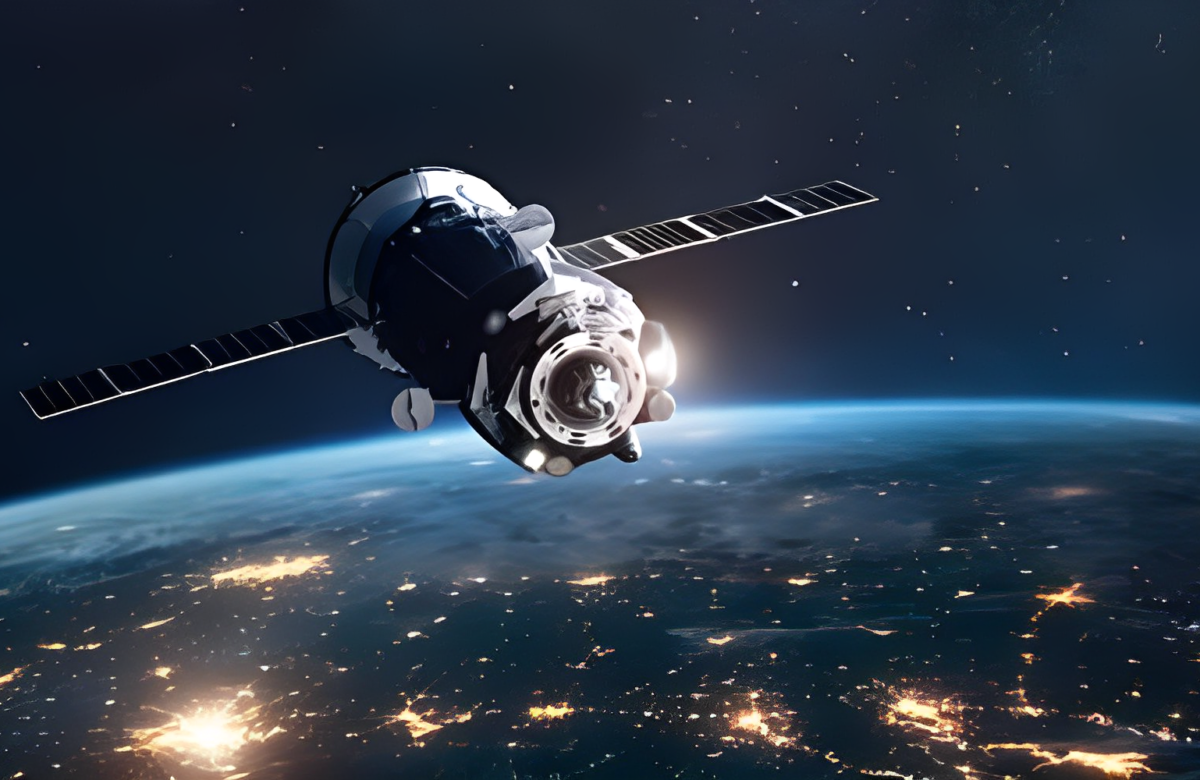
The Rise of Quantum Computing: What it Means for the Future
- Technology
- January 20, 2024
- No Comment
Quantum computing is a broader concept or technology on which quantum computers are based. Quantum computers are based on qubits i.e., quantum bits. In other words, quantum computers do calculations, data collection and analysis etc. through qubits. Qubits have only two binary digits (0 and 1) like traditional digital electronic computers. But Qubits can be present in the form of 0 or 1 or a combination of 0 and 1 at the same time. Thus, it is clear that the technology (qubits) present in quantum computing is different and advanced from conventional computing.
Qubits work on two key principles of quantum physics – superposition and entanglement. Superposition means that each qubit can represent both 1 and 0 at the same time. Entanglement means that the qubits in the state of superposition may be correlate with each other i.e., the state of one (be it 1 or 0) may depend on the state of the other. This means that the qubits are interconnect. So that if work is done on one, it affects the other, even when they are very far apart. The computing power of a quantum computer increases exponentially as the number of qubits increases.
What is Majorana zero energy mode?
Majorana Zero Energy Mode. There are groups of electrons bound together in a specific pattern that behave like a specific particle, the Majorana fermion. This semi-mythical particle was first hypothesized by physicist Ettore Majorana in the 1930s. For the formation of ‘MZMs’ a very specific amount of energy is give to a group of electrons and then they are trapped together. So that they cannot escape. For this, the material should be 2-dimensional and as thin as possible. To make 1D MZMs, an entirely new type of 2D material is required, a topological superconductor. Scientists are now confident that they can create ‘1D MZM’ in this 2-D material So now their next step is to create a topological qubit.
Benefits of Quantum Computing
Two key phenomena occurring in quantum computing, ‘superposition and entanglement’, open the door to great opportunities for qubits. Through these events, even the biggest and most complex mathematical problems can be solve in a few moments. Quantum computing also follows the principles of quantum physics which will lead to the creation of smaller transistors (molecule sized). Which will not only increase energy savings but will also reduce the size of the quantum computer. Quantum computers will not be use in place of traditional digital electronic computers, rather quantum computers will be use for complex and huge calculations which cannot be done by them. Thus, it is clear that quantum computing will extend conventional computers to a new area.
At present, all the supercomputers in the world calculate and process data millions of times faster than other ordinary personal computers. A normal computer has one processor, whereas a supercomputer has countless processors which increase the speed of calculation and data analysis. But the irony is that both normal computers and supercomputers work on the same technology, that is, they work on technology based on traditional binary digits. In a quantum computer, encryption of information or data takes place in a secure manner. You will not have to face problems like hacking in this. Some scientists are considering quantum computers as completely safe computers. Thus, it is clear that quantum computing will be very helpful in protecting or reading sensitive information in the future and various uses of quantum computers are possible for scientists.
New astronomical information can be gather using quantum computing. Quantum computers can reveal the secrets of the universe by better analyzing the data received from satellites and other space missions. From this we will be able to know about the origin of the universe, expansion of the universe, resources present in celestial bodies etc. Thus, it is clear that unprecedent achievements can be achieve by using quantum computing in space exploration.
Challenges of Quantum Computing
Handling qubits is a big challenge for scientists, because their lifetime is short-live. The encryption tools used to protect information include ‘RSA’. Which is consider the strongest shield, but a quantum computer can penetrate it too. Quantum technology can endanger the security of any country. This may also increase the risk of confidential information of other countries being breach. America’s National Security Agency (NSA) wants to create a quantum computer that can penetrate all types of encryptions used to protect banking, medical, business and other government records stored in computers around the world.
India lacks funds for research and development in the field of quantum computing. And this problem becomes more serious when almost a quarter of India’s population still lives below the poverty line. Some scientists are considering quantum computers as completely safe computers. Thus, it is clear that quantum computing will be very helpful in protecting or reading sensitive information in the future. And various uses of quantum computers are possible for scientists.




